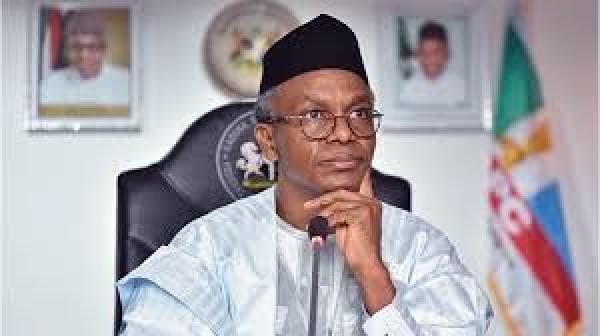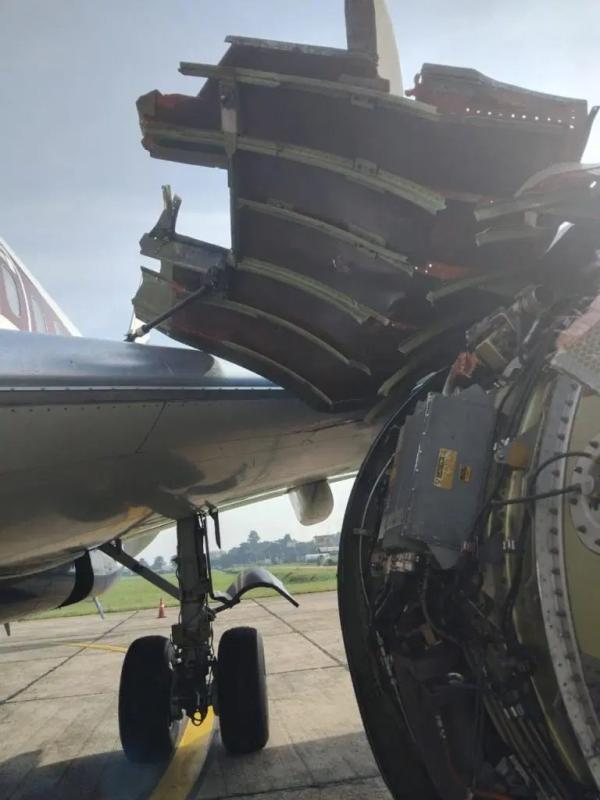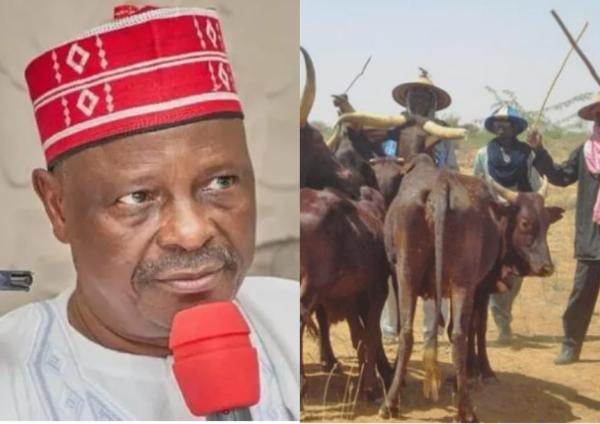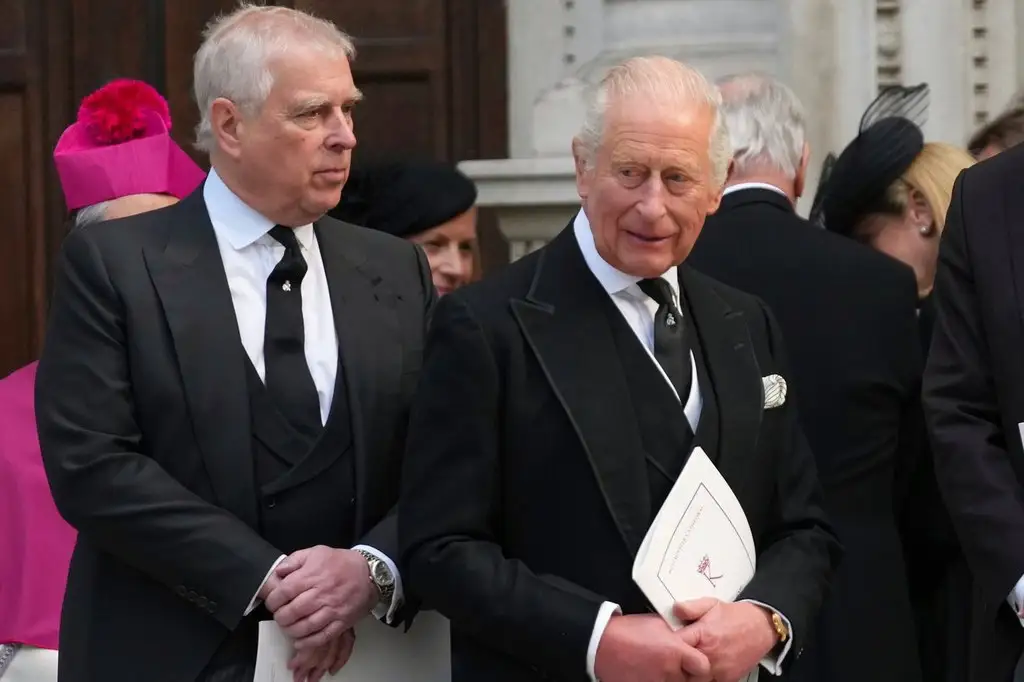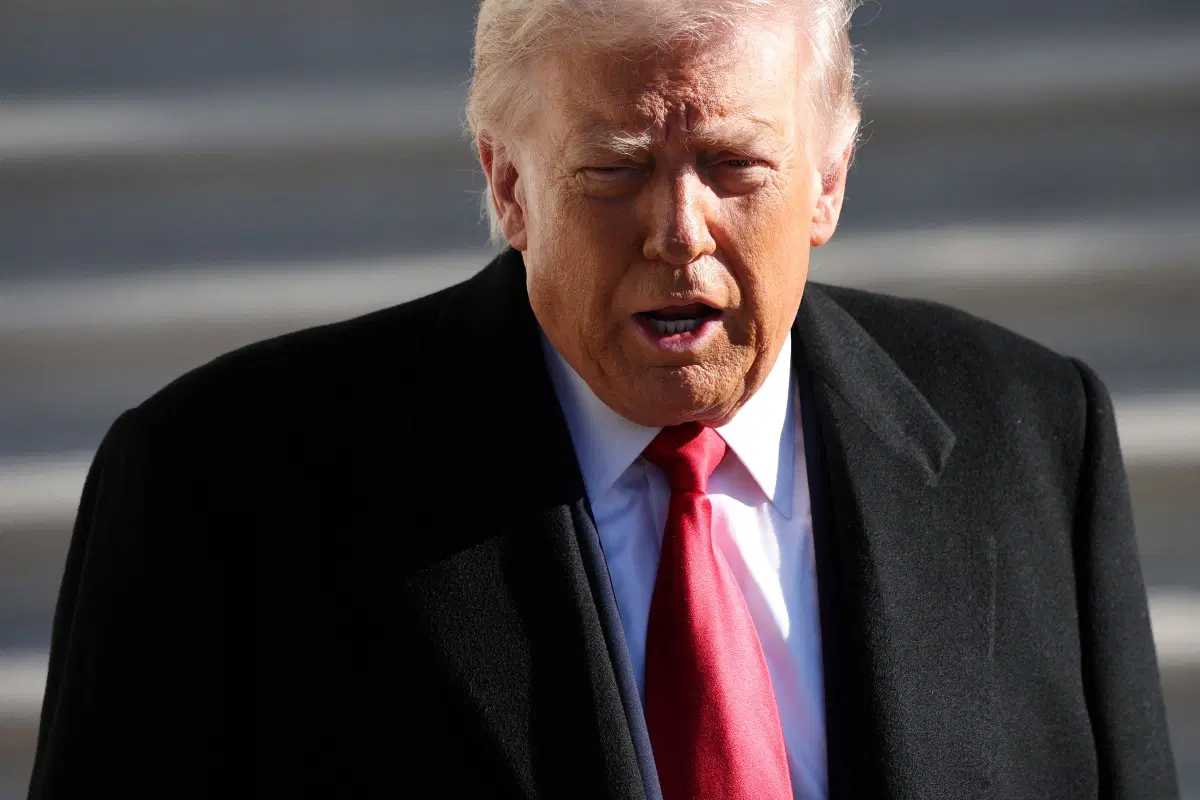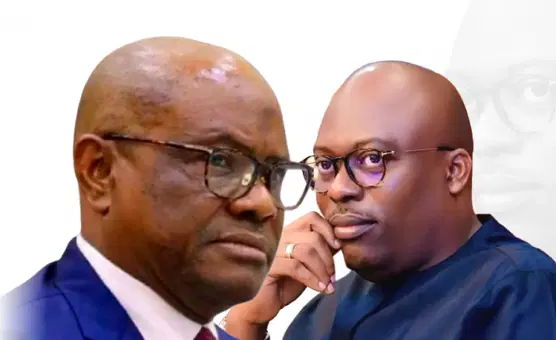
Discussions are set to focus on Syria and Iran, particularly the nuclear deal bitterly opposed by Mr Netanyahu.
Mr Cameron said the UK "remains staunch" in its "defence of Israel's right to exist and to defend itself".
Pro-Palestinian campaigners have denounced Mr Netanyahu's visit.
There were angry confrontations outside Downing Street on Wednesday between protesters demanding Mr Netanyahu's arrest for what they say amount to war crimes in Gaza and pro-Israel activists.
Although a petition calling for the Israeli PM's arrest secured enough signatures to be considered for a debate in Parliament, the bid was rejected earlier this week because "visiting heads of foreign governments... have immunity from legal process, and cannot be arrested or detained", the UK government said in a statement.
Arriving in Downing Street, Mr Netanyahu said: "The Middle East is disintegrating under the twin forces of militant Islam - militant Sunnis led by Isis [Islamic State] and militant Shiites led by Iran.
"I believe that we can co-operate in practical ways to roll back the tide of militant Islam both in the Middle East and in Africa."
The Israeli premier also said he was "ready to resume direct negotiations with the Palestinians with no conditions whatsoever to entering negotiations... immediately".
Talks between Israel and the Palestinians broke down in April 2014.
Mr Cameron praised the "close relationship between Britain and Israel" and the "growing economic and commercial ties" between the countries.
He said he wanted to talk about the "enormous important global threats" in particular so-called Islamic State.












